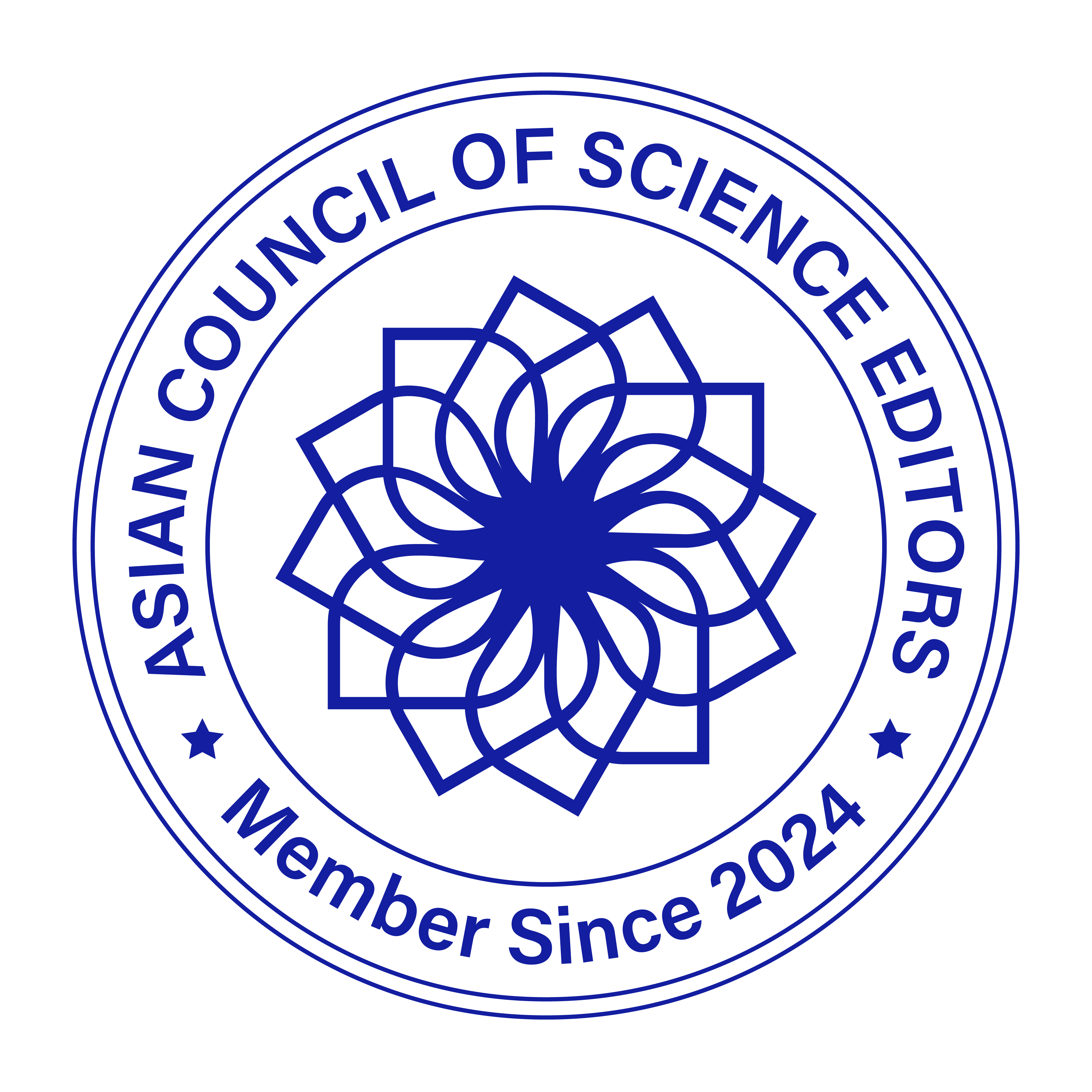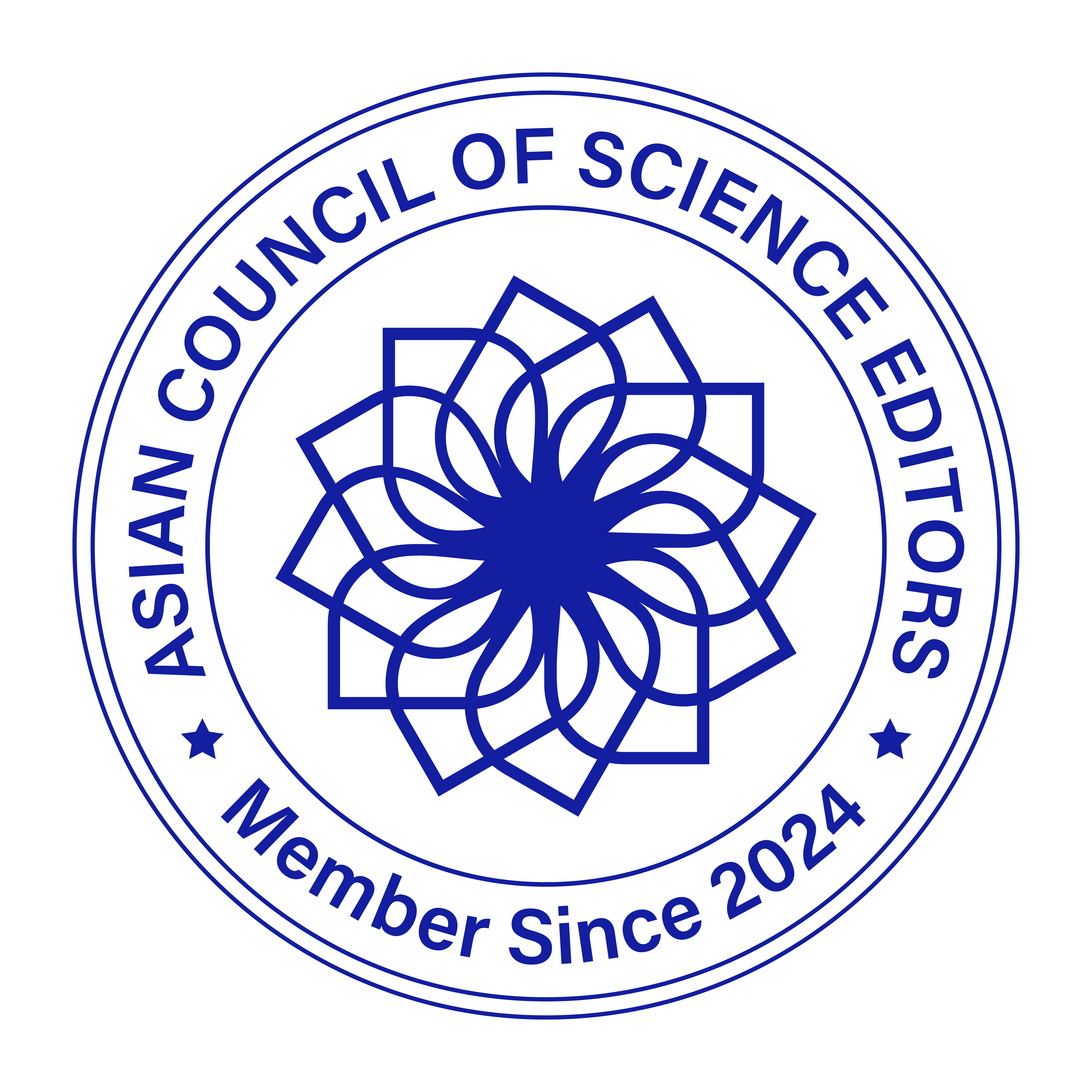3049-0677 (Online)

About the Journal
Editor-in-Chief: Prof. (Dr.) Afroz Alam
Publishing Model: Fully Open Access
Publication Frequency
PhytoTalks publishes one volume per year, comprising four quarterly issues released in March, June, September, and December. Articles are published exclusively within their respective scheduled issues.
PhytoTalks (online ISSN: 3049-0677) is a quarterly, peer-reviewed, open-access journal dedicated to the global dissemination of high-quality research in botanical sciences. It covers a broad spectrum of plant-related disciplines, including plant, agricultural, and horticultural sciences; microbiology; biotechnology; phytochemistry; aquatic botany; and diverse plant groups. The journal also emphasizes emerging and interdisciplinary themes such as algae-based biofuels, phytoremediation, transgenic plants, climate change, stress physiology, molecular biology, organic farming, and ethnobotany.
Indexing & Abstracting
Dimensions | OpenAlex | Google Scholar | WorldCat (OCLC) | BASE | Scilit | ROAD | Semantic Scholar | EZB | Library Hub Discover | Harvard Library
Discovery & Access
J-Gate | R Discovery | Research4Life | BroZine Library | Cosmos | LiveDNA
Metrics & Evaluation
PlumX (Elsevier) | CiteFactor | SJIF | Index Copernicus | EuroPub | ABCD | ASCI
Publishing & Ethics
Crossref DOI | DORA | Journal Checker Tool | ORCID | ReviewerCredits
Research Networks
ResearchGate | ResearchBib | Scholar9 | ACSE
UGC & Accreditation Recognition: Articles are eligible for API Scores as per UGC Guidelines (2018), credited for CAS, NBA, NAAC, NIRF, ARIIA, and the journal is recognized under UGC CARE per the UGC Public Notice – Feb 11, 2025
Aim and Scope
PhytoTalks promotes sustainable research and scientific dialogue addressing global environmental challenges, biodiversity conservation, and the responsible management of natural resources. The journal publishes peer-reviewed original articles, reviews, case reports, editorials, and short communications across the plant and environmental sciences, including agriculture, ecology, biotechnology, phytochemistry, ethnobotany, plant systematics, and related disciplines.
Current Issue

Phytotalks—December 2025 Issue
This issue of PhytoTalks is respectfully dedicated to the cherished memory of Padma Shri Dr. Palpu Pushpangadan, an eminent ethnobotanist, visionary scientist, and a valued Advisory Board Member of PhytoTalks.
Dr. Pushpangadan’s lifelong commitment to medicinal plants, traditional knowledge systems, and scientific institution-building has left an indelible mark on Indian and global botanical sciences. His guidance, wisdom, and unwavering support significantly enriched the academic vision and ethical foundation of PhytoTalks.
As we present this issue, we honor his remarkable legacy, intellectual generosity, and enduring contributions to science and society. His inspiration will continue to guide researchers, students, and the PhytoTalks community in the pursuit of knowledge and excellence.
Full Issue
Articles
-
Authorship and Contributorship Guidelines
Authorship Criteria:
PhytoTalks adheres to the authorship standards defined by the International Committee of Medical Journal Editors (ICMJE). To qualify as an author, each contributor must have:
- Made substantial contributions to the conception or design of the work; or to the acquisition, analysis, or interpretation of data.
- Participated in drafting or critically revising the article for intellectual content.
- Given final approval of the version to be published.
- Agreed to be accountable for all aspects of the work, ensuring accuracy and integrity.
Acknowledgements and Non-Author Contributions:
Individuals who contributed to the research but do not meet authorship criteria (e.g., data collection, administrative support, technical editing) should be recognized in the Acknowledgements section.
Contributor Roles (CRediT):
PhytoTalks supports the Contributor Roles Taxonomy (CRediT) system to promote transparency in authorship. During submission, authors must specify roles such as conceptualization, methodology, writing, data curation, supervision, etc.
Authorship Changes:
Requests to add, remove, or reorder authors must be submitted to the editorial office before article acceptance, with a written explanation and signed approval from all listed authors.
Complaints and Appeals Procedure
PhytoTalks upholds fair, transparent, and timely handling of all complaints and appeals.
Submitting a Complaint:
Complaints may relate to:
- Editorial or peer review process concerns.
- Publication ethics issues (e.g., plagiarism, authorship disputes).
- Procedural or policy breaches.
To submit a complaint, email the Editor-in-Chief at:
[email protected]; [email protected]
Process:
- The complaint will be acknowledged within 7 working days.
- It will be reviewed by the Editor-in-Chief, and if required, referred to an independent Editorial Board member.
- A formal response will be issued within 30 days, or an update if additional time is necessary.
Appeals of Editorial Decisions:
Authors may appeal rejection decisions by emailing a reasoned explanation to the editorial office. The appeal will be reviewed by an editor who was not involved in the original decision. The outcome of this review is final.
Conflict of Interest Disclosure Policy
Transparency in potential conflicts of interest is essential to maintaining trust in the scientific record.
Authors:
- Must declare all financial and non-financial relationships that could be perceived to influence their work.
- Examples include employment, consultancies, stock ownership, honoraria, paid expert testimony, or personal relationships.
- If no conflicts exist, include the statement: “The authors declare that there are no conflicts of interest.”
Editors and Reviewers:
- Must disclose any potential conflicts prior to handling or reviewing a manuscript.
- Editors will reassign submissions where conflicts exist.
Conflict of interest disclosures are published with each article for full transparency.
Archiving and Long-Term Preservation Policy
PhytoTalks ensures long-term digital preservation of all published content using the Open Journal Systems (OJS) infrastructure and trusted third-party preservation networks.
Digital Preservation Methods:
- Articles are stored on the journal’s OJS server with secure, redundant backups.
- Metadata and full-text articles are archived through the PKP Preservation Network (PKP PN), ensuring long-term access even if the journal ceases publication.
- DOIs are registered with Crossref, and metadata is indexed in Dimensions, OpenAlex, Google Scholar, J-Gate, and other databases for discoverability.
In the Event of Journal Closure:
All content will remain accessible through the PKP PN or other partner repositories.
Licensing and Copyright Policy
PhytoTalks is an open access journal committed to the free dissemination of scholarly knowledge.
Licensing Options:
Authors may choose one of the following Creative Commons licenses during submission:
- CC BY 4.0 (Attribution License):
Permits unrestricted use, distribution, and reproduction in any medium, provided the original author and source are credited.
???? https://creativecommons.org/licenses/by/4.0/
- CC BY-NC 4.0 (Attribution–NonCommercial License):
Permits reuse and adaptation for non-commercial purposes, with appropriate credit to the authors.
https://creativecommons.org/licenses/by-nc/4.0/
The selected license will be clearly displayed on each article page and PDF version to ensure transparency.
Copyright:
Authors retain copyright of their work. By publishing in PhytoTalks, authors grant the journal the right to publish and distribute the work under the selected Creative Commons license.
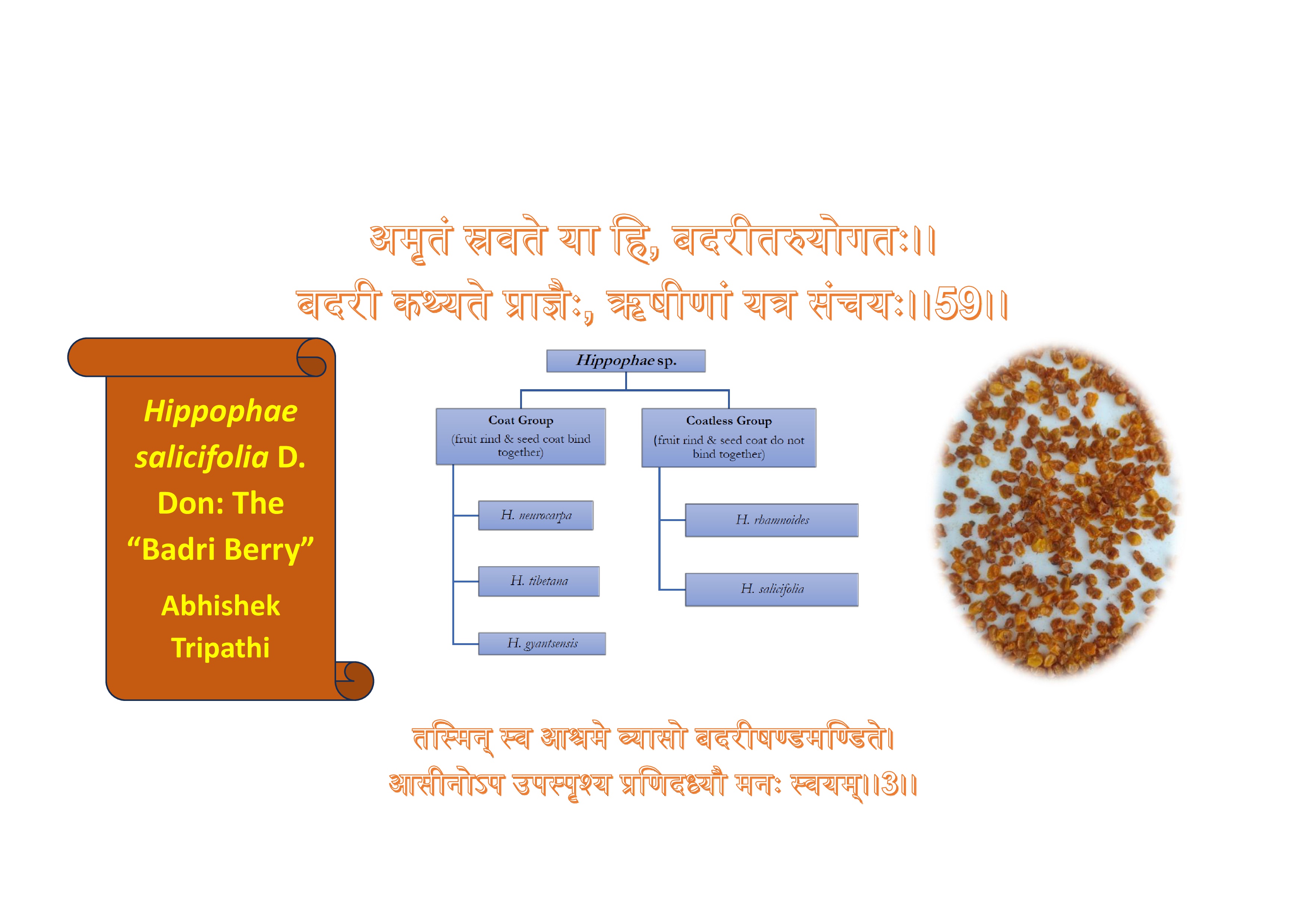

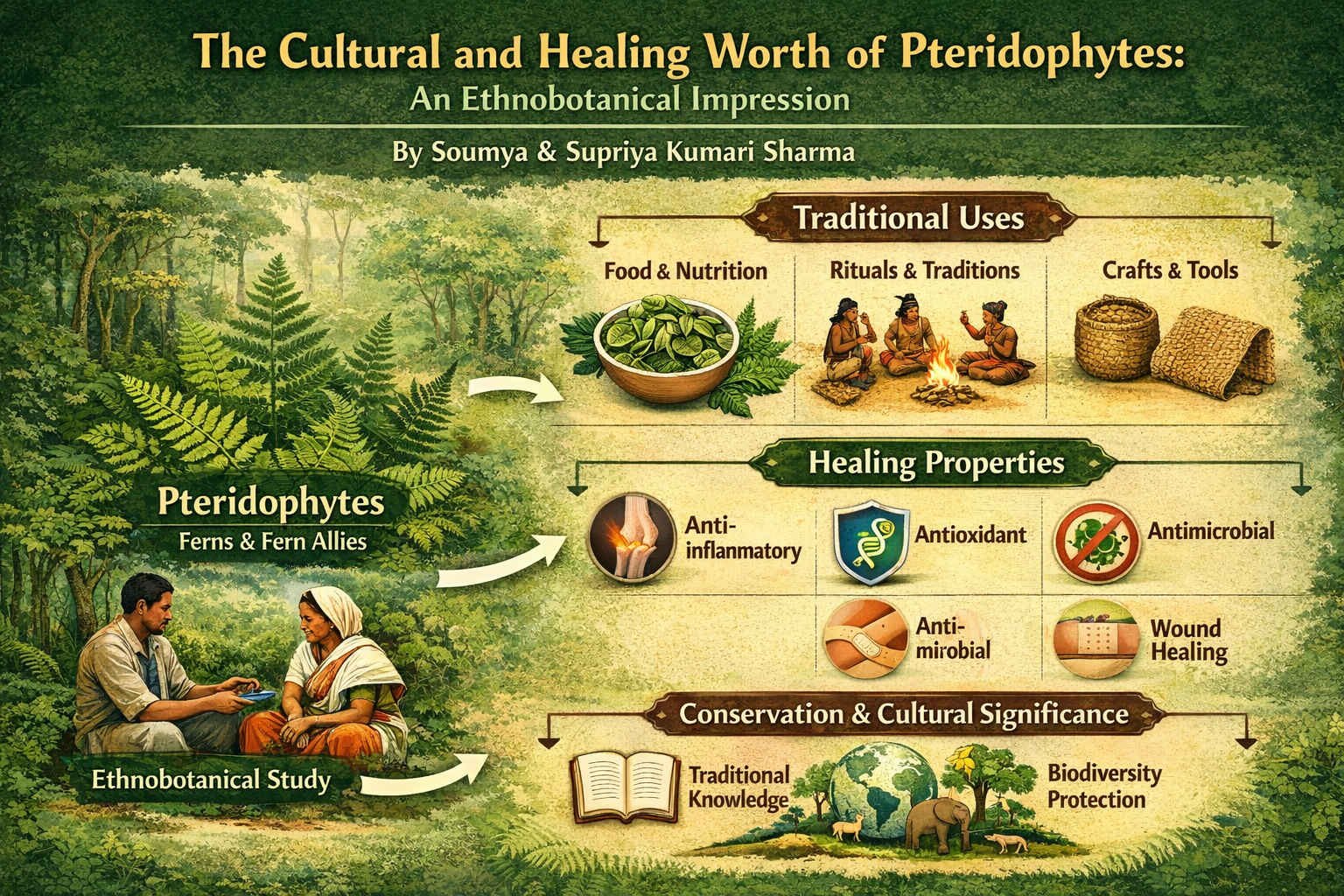


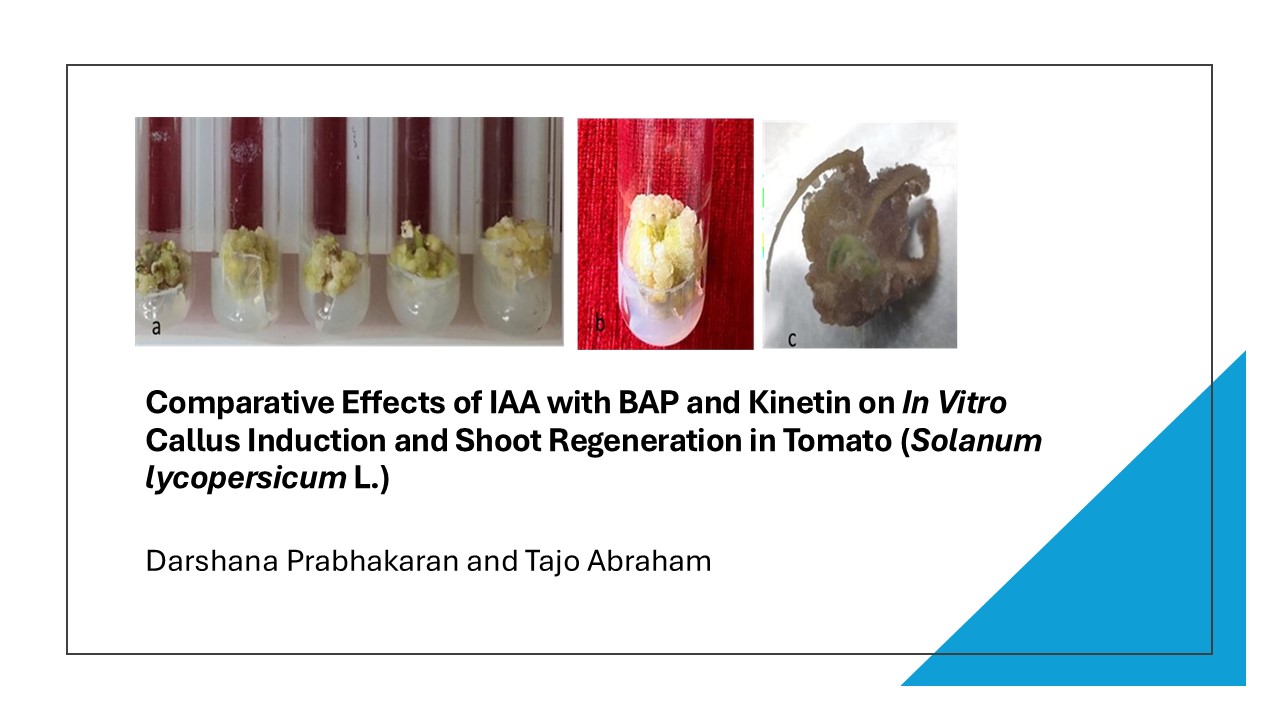

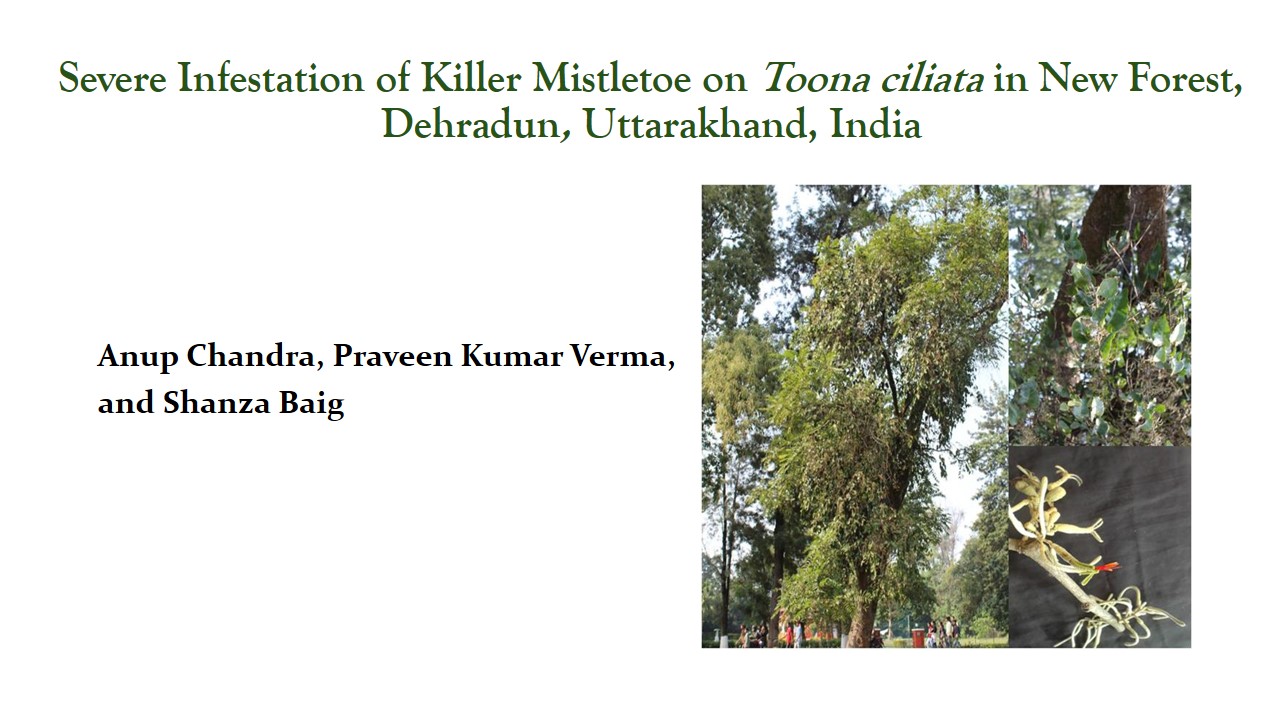
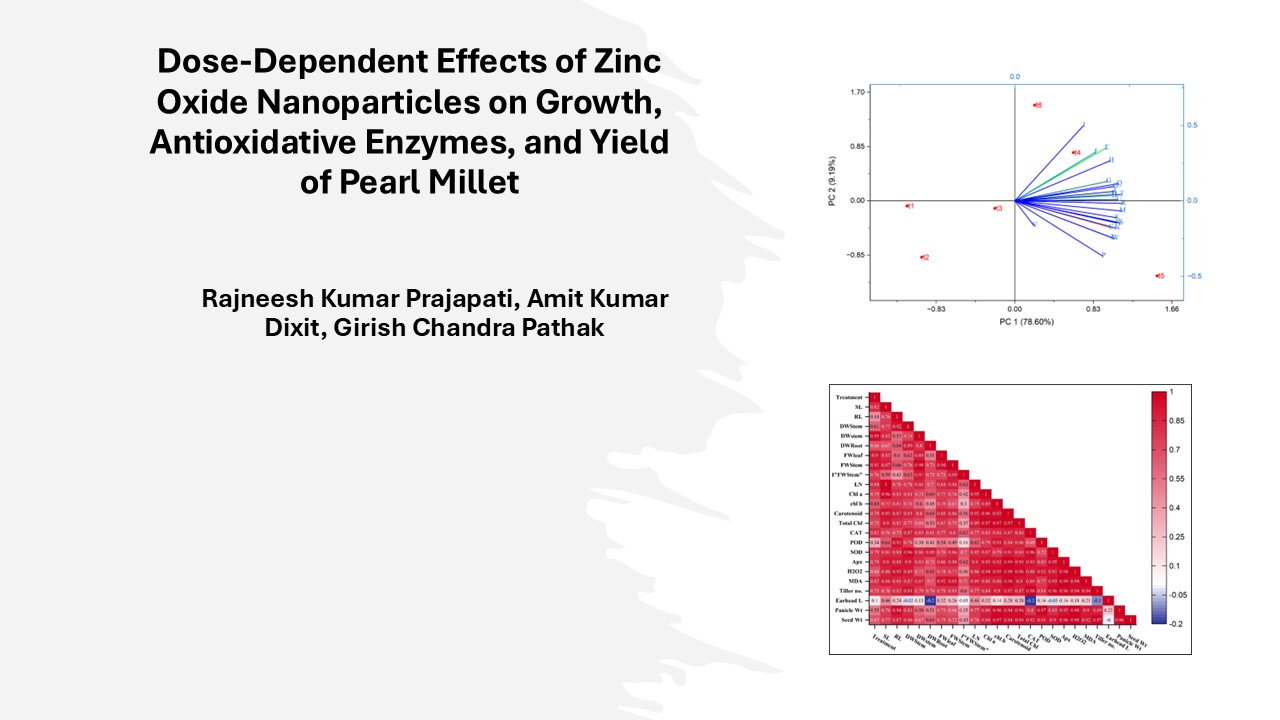



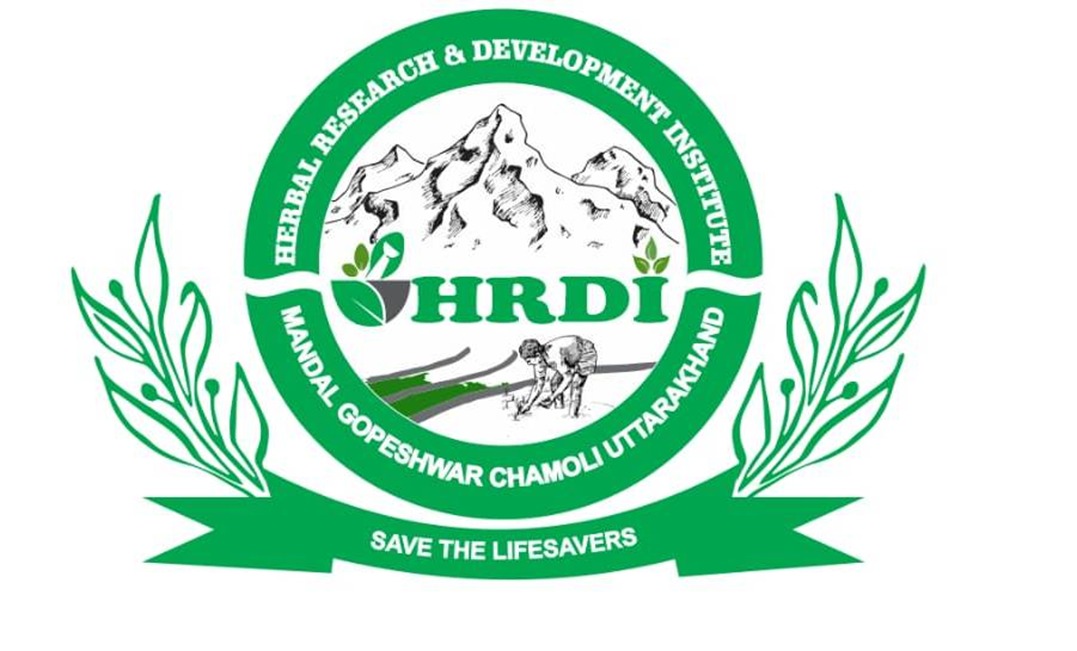

![Announcement: Special Conference Issue of Phytotalks We are pleased to announce that Phytotalks will publish a special issue featuring select peer-reviewed papers from the Third International Conference on Plant Functional Biology, an esteemed international gathering of experts in Plant Science]. This special issue will highlight cutting-edge research and innovative developments presented at the conference, offering our readers valuable insights into the latest advancements in the field. Stay tuned for this upcoming edition, which reflects our continued commitment to showcasing high-quality, impactful research.](https://phytotalks.com/public/site/images/afrozalam/img-20250701-wa0010.jpg)





























